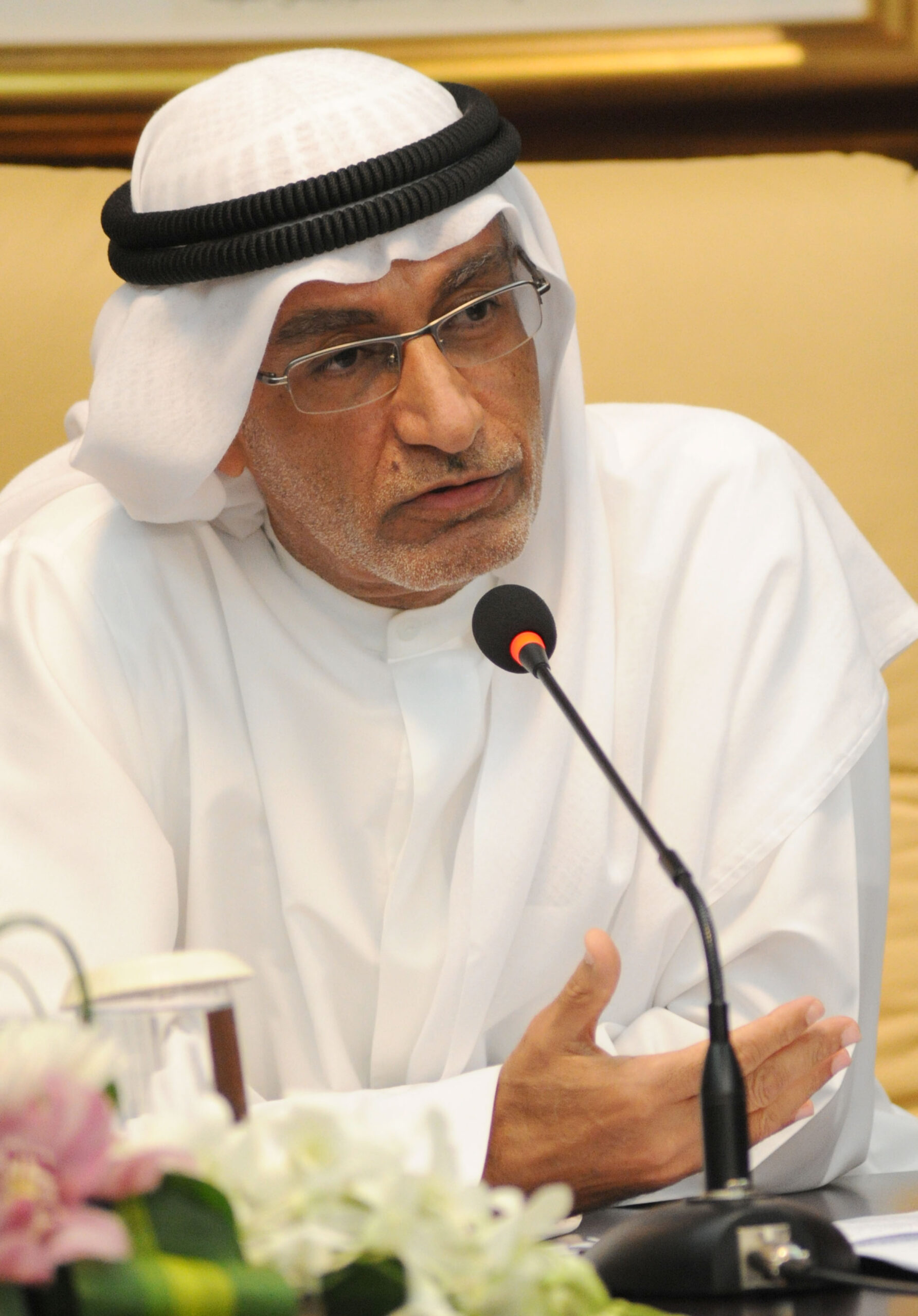
Abdulkhaleq Abdulla
Non-Resident Fellow, AGSI; Professor of Political Science
Abdulkhaleq Abdulla is a non-resident fellow at the Arab Gulf States Institute as well as a visiting fellow at the London School of Economics and Political Science. He is a UAE national, born in 1953. Abdulla is a retired professor of political science. He served as director of the Gulf Research Unit, Sharjah for 10 years. He holds a PhD in political science from Georgetown University and an MA from American University in Washington, DC. Abdulla was a Fulbright Scholar and a visiting professor at the Center for Contemporary Arab Studies at Georgetown University. He occasionally teaches a course for the Master in Gulf Studies Program at Qatar University. His research interests include issues of political changes in the Gulf and the Arab world. He is the author of several books including the Gulf Regional System. He has published more than 50 articles, most recently “The Repercussion of the Arab Spring for the GCC States,” “Sociopolitical Issues of the Arab Gulf Moment,” and “GCC at a crossroad.” Abdulla writes a monthly op-ed for Gulf News.
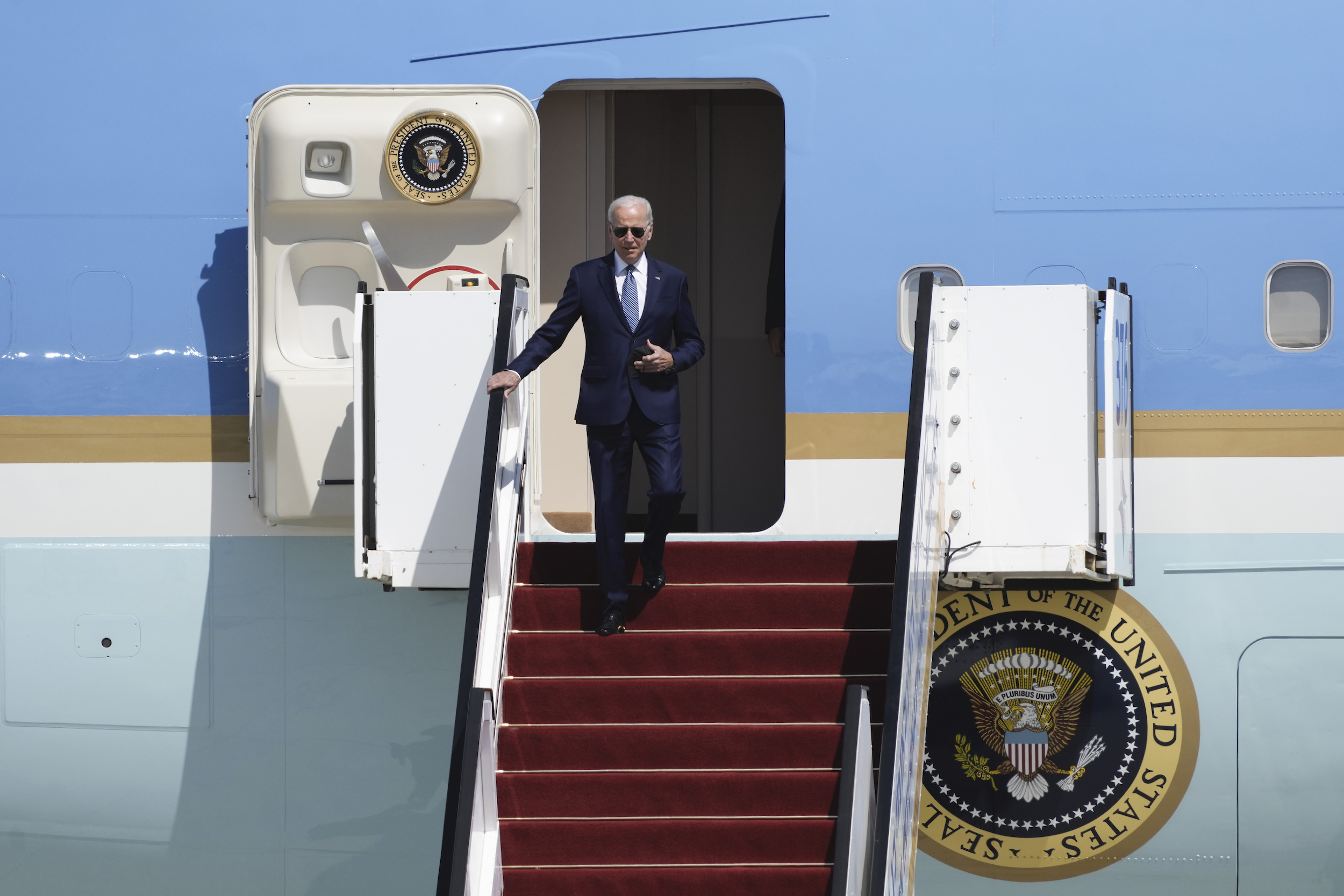


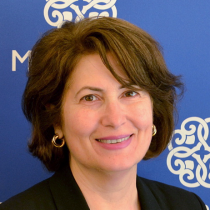
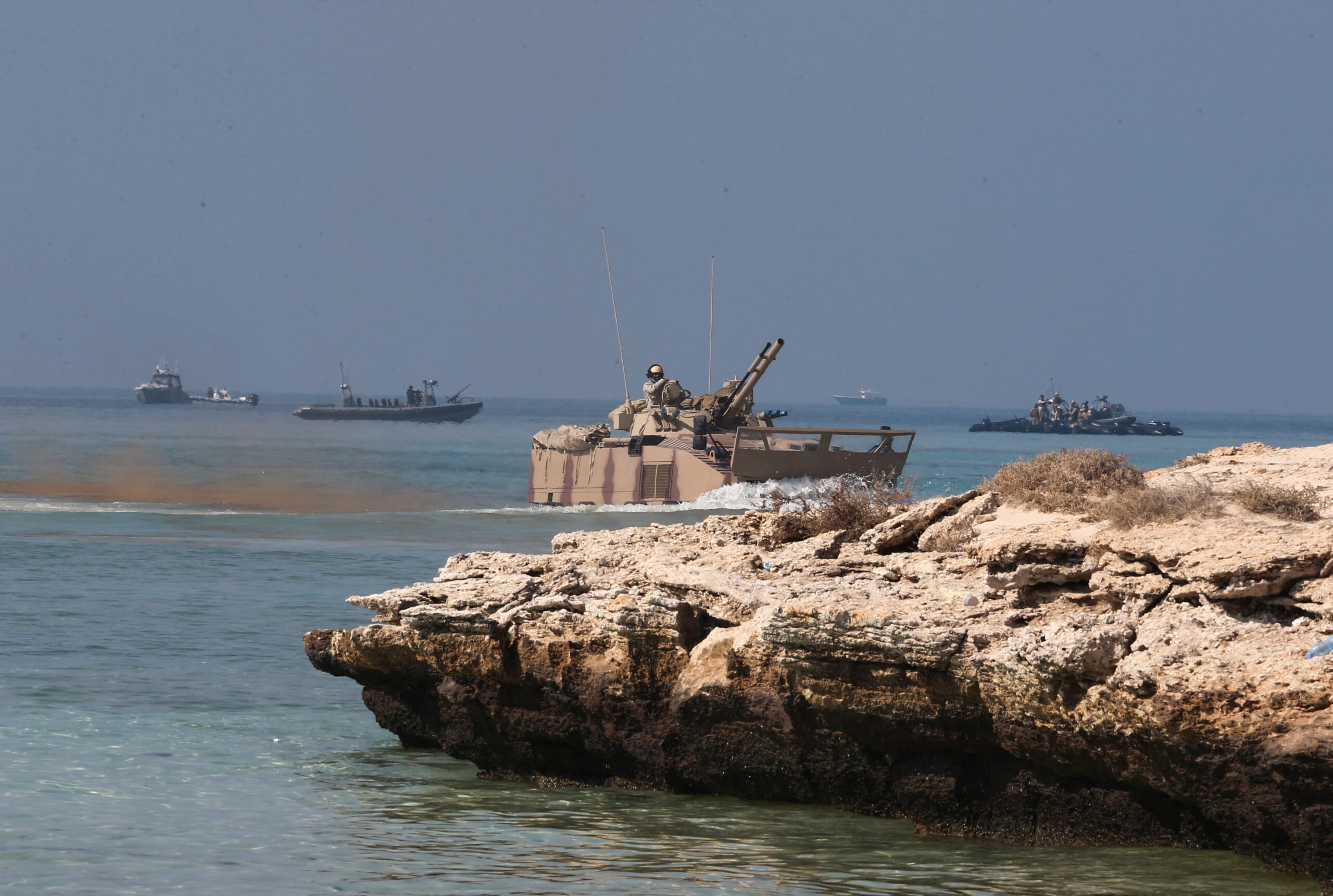
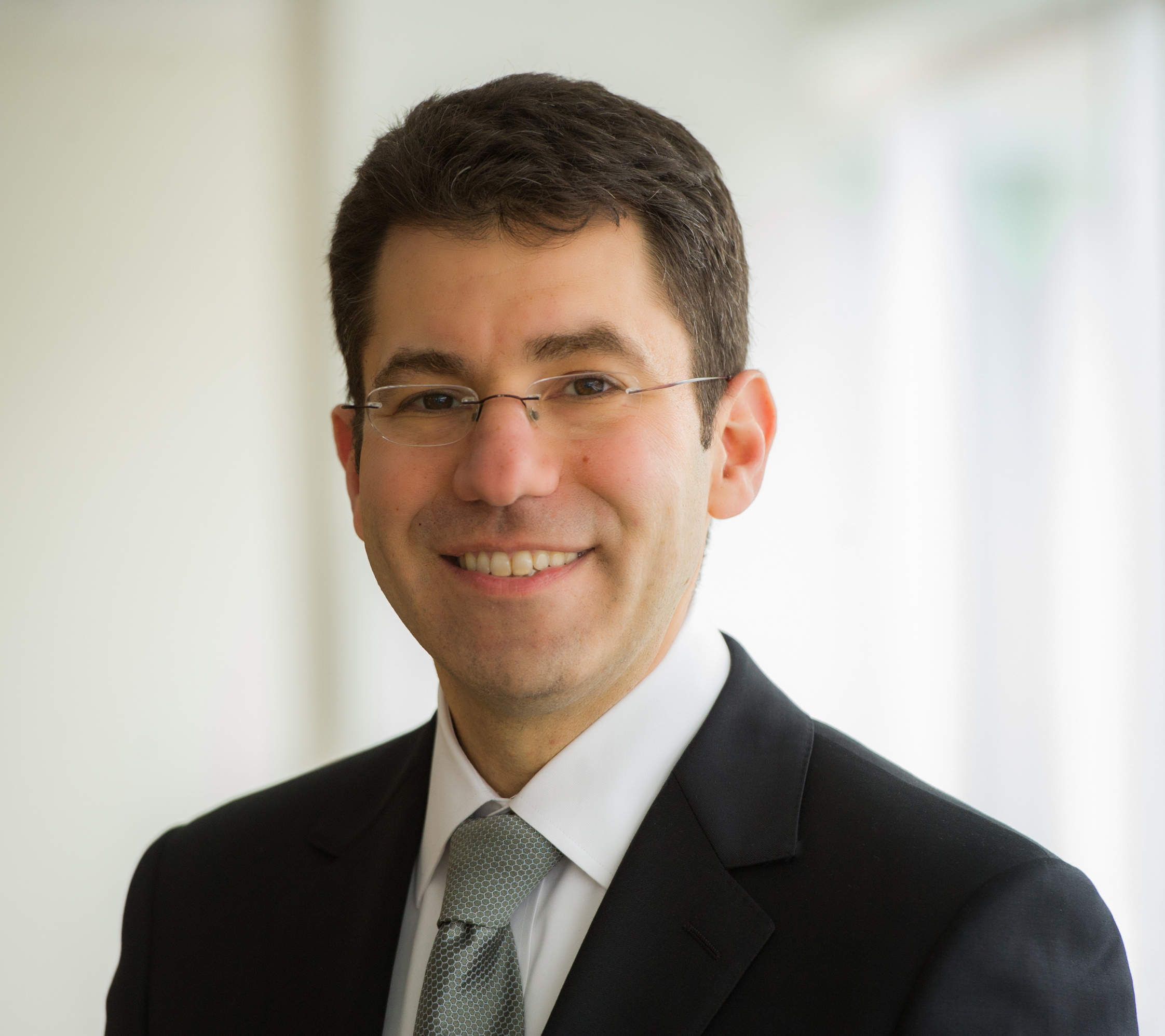

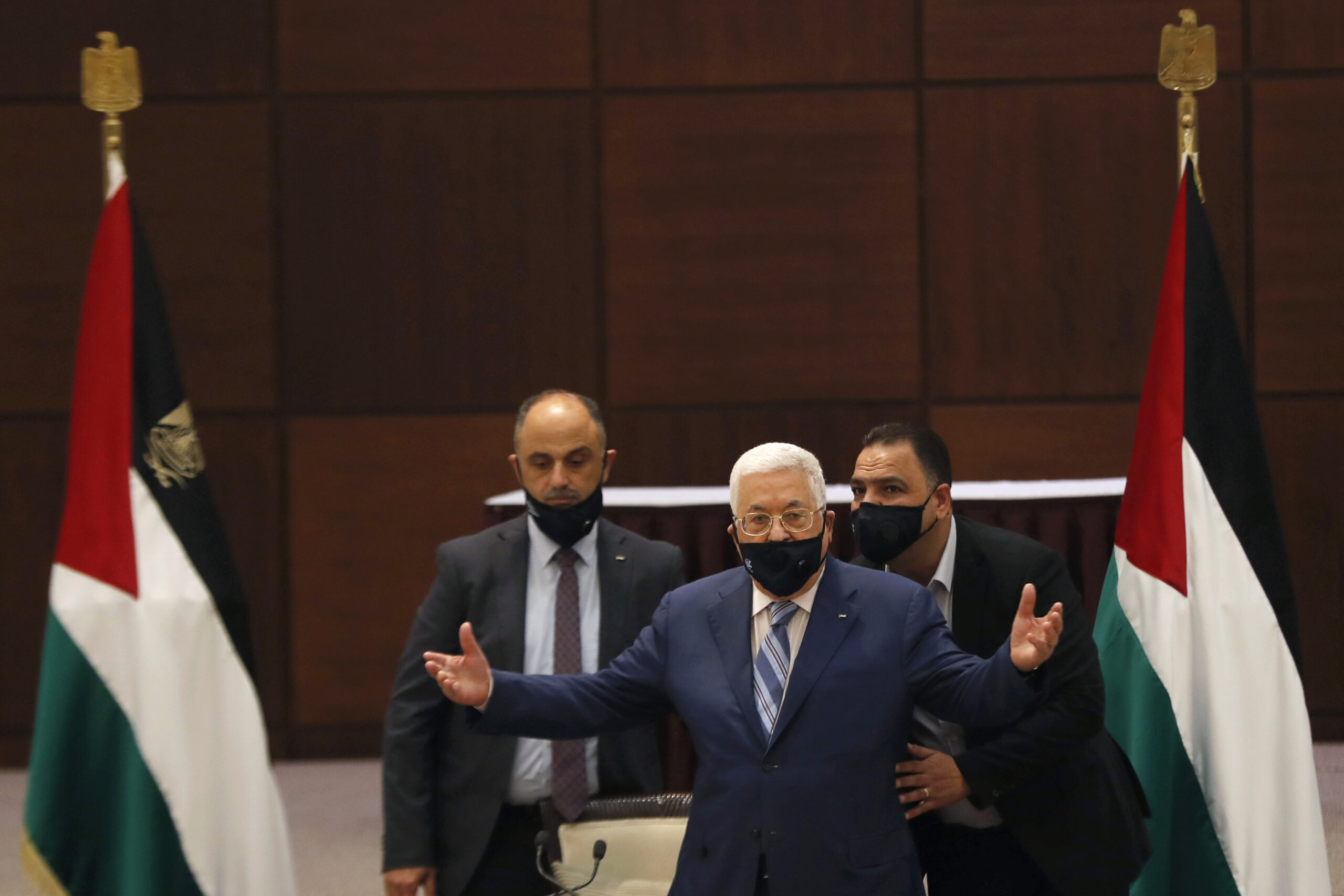
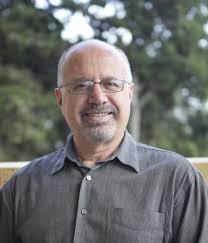
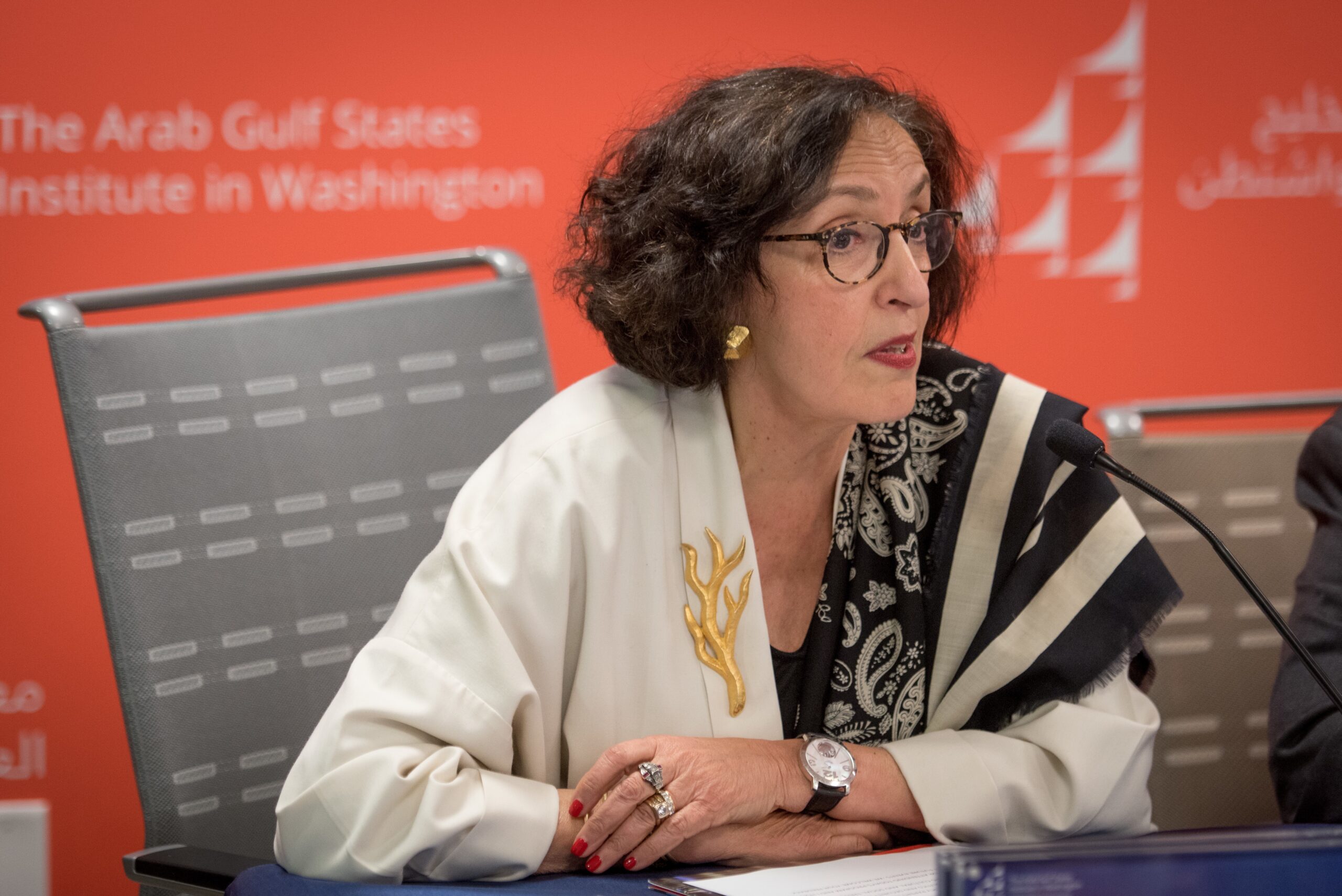
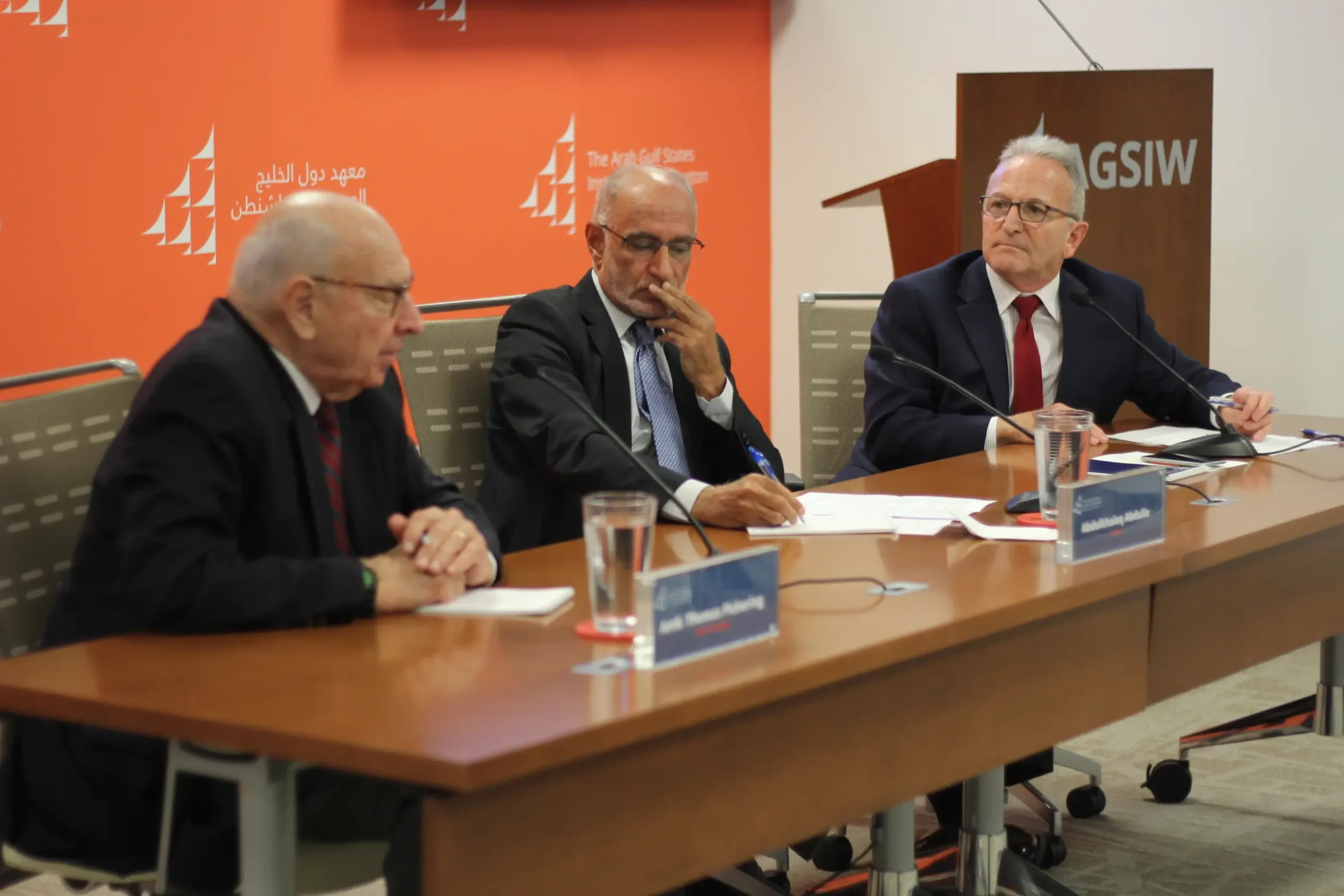
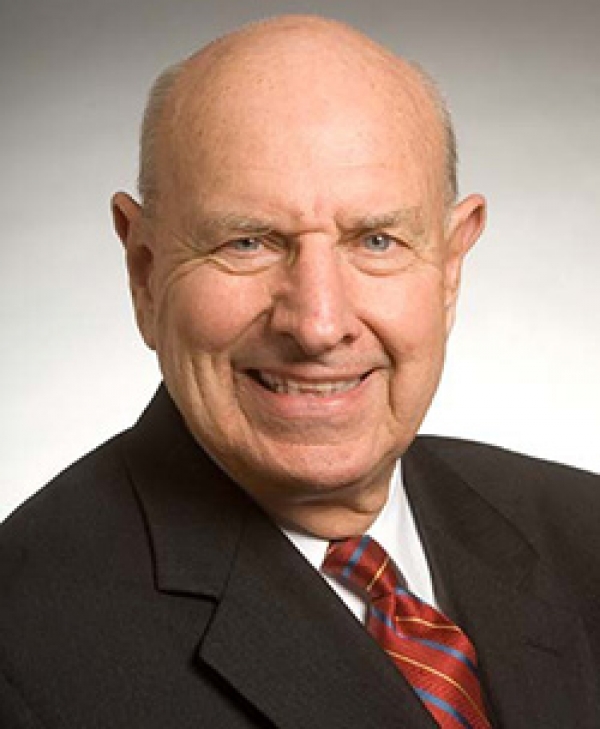
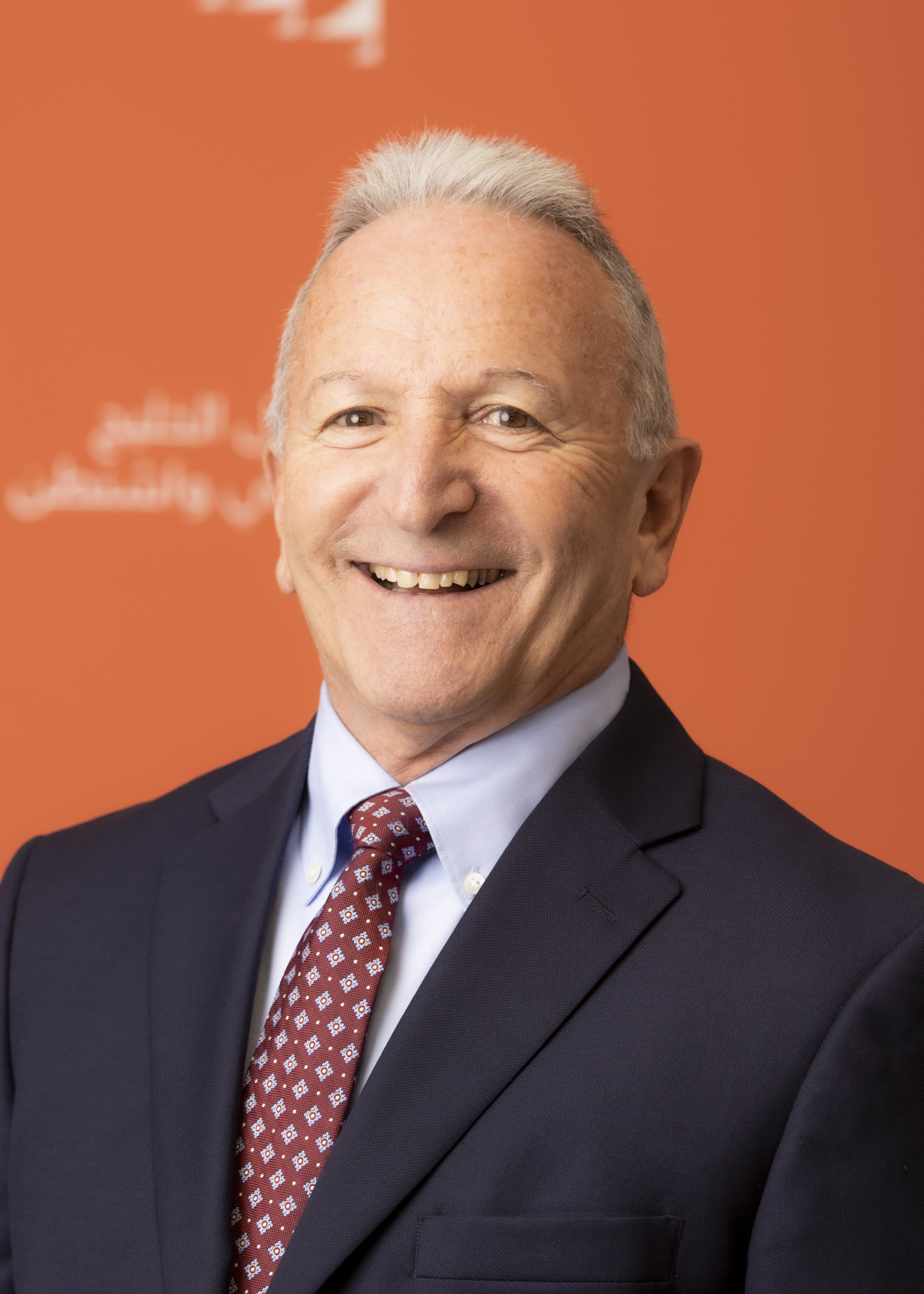
Jul 8, 2016
A View from the Gulf on the U.S. Presidential Election: Anybody But Trump
The highly respected and very familiar Hillary Clinton is the overwhelming favorite U.S. presidential candidate among citizens of the Gulf Arab states.
4 min read